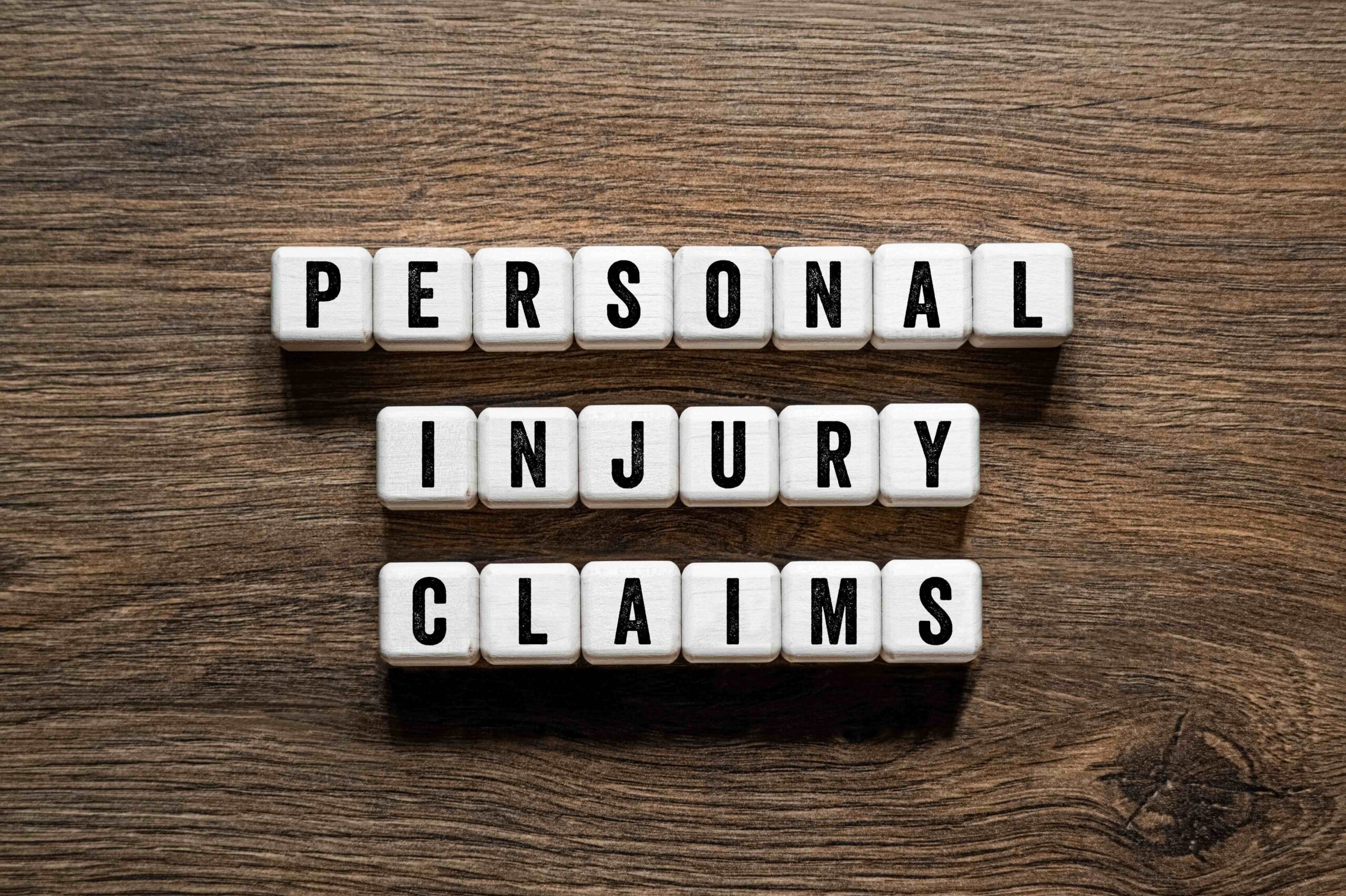When it comes to personal injury cases, understanding the ins and outs of damages awarded can significantly impact the outcome depending on your state. Each state has differing laws governing how damages are assessed and awarded, which can influence the strategies your attorney employs and the compensation the victim receives. This post highlights the key differences between Kansas and Missouri law.
Kansas Personal Injury Damages
The framework for personal injury damages in Kansas is governed by state statutes and court precedents. Damages that can be awarded in a personal injury case are:
- Compensatory Damages: Designed to compensate the injured party for losses suffered because of the injury. Further categorized into:
- Economic: Medical expenses, lost wages, property damage, future medical care costs, and other directly measurable figures.
- Non-Economic: In-tangible such as pain and suffering, emotional distress, loss of enjoyment of life, and impairment of relationships.
- Punitive Damages: In cases where the defendant is found to be reckless, punitive damages may be awarded to punish the defendant to deter the presented behavior in the future. Kansas law places caps on punitive damages, limiting them to less than $5 million or the defendant’s annual gross income.
- Wrongful Death Damages: In cases where a person dies because of another party’s negligence, damages can be awarded to surviving family members to compensate for financial loss, funeral and burial costs, and intangible costs such as the loss of a loved one.
Kansas follows a modified cooperative fault rule, where the plaintiff’s damages are reduced in proportion to their degree of fault if they are found partially responsible for the accident. However, if the plaintiff is found more to be than 50% responsible, they are barred from recovering any damages.
Missouri Personal Injury Damages
Missouri law provides for several types of damages in personal injury cases, like Kansas.
- Compensatory Damages: Economic and non-economic damages similar to those in Kansas; covering medical expenses, lost income, property damage, pain and suffering, emotional distress, etc.
- Punitive Damages: Missouri allows for punitive damages in cases of negligence by the defendant. There is no statutory cap on punitive damages in Missouri, although they must be reasonably related to the plaintiff’s actual damages.
- Wrongful Death Damages: Damages can be awarded to surviving family members to compensate for financial loss, funeral and burial costs, and intangible costs such as the loss of a loved one.
Missouri follows a pure comparative fault rule, where damages are reduced by the percentages of fault assigned to the plaintiff. Even when the plaintiff is found 99% at fault, they can still recover damages, although the amount would be reduced significantly.
Key Differences
- Punitive Damages Cap: Unlike Kansas, Missouri does not have a statutory cap on punitive damages, potentially allowing for higher awards in cases of extreme misconduct.
- Comparative Fault Rules: The difference between modified comparative fault in Kansas and pure comparative fault in Missouri can impact the strategy your attorney employs for litigation and even the number of damages received.
- Statute of Limitations: Both states have a statute of limitations that sets deadlines for filing personal injury lawsuits. In Kansas, the time limit is 2 years from the date of injury. Whereas, in Missouri, it is also 2 years with the understanding that it could extend up to 5 years in some cases.
Understanding the differences in state laws is essential for plaintiffs and attorneys alike when navigating cases. If you or a loved one have been injured, contact The Pottenger Law Firm as soon as possible to schedule your no-cost initial consultation. During your no-cost legal consultation, you’ll receive free legal advice from an experienced Kansas City personal injury attorney near you.







